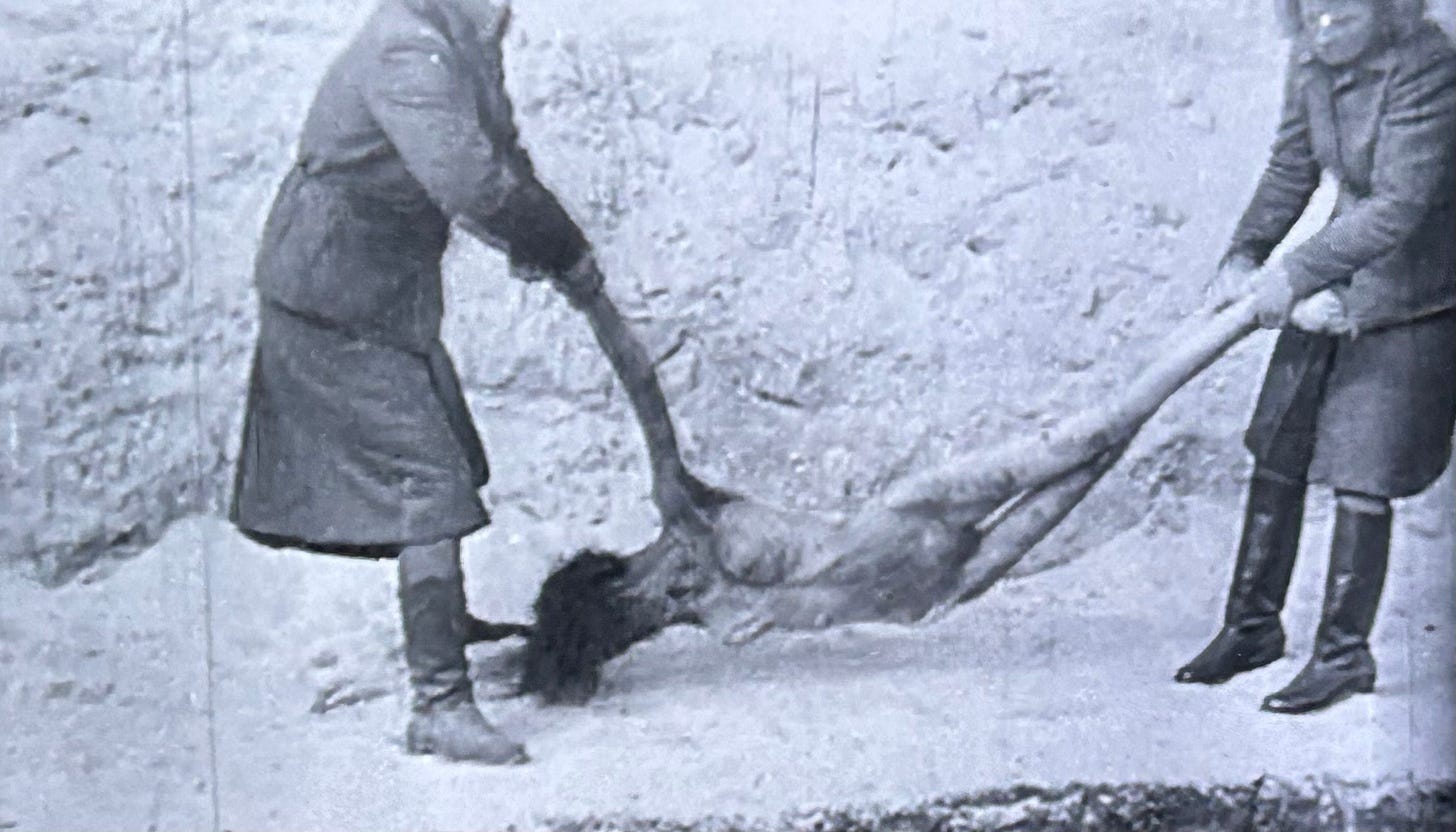Yom Ha Shoah | "Judgment At Nuremberg"
"Most countries that slide into some form of dictatorship do so slowly and from within. It’s a series of steps, and usually the citizens of such countries are not fully aware of it as it's happening."
By Michael Golden
At 10 a.m. this morning in Israel, the entire country came to a reverent standstill in observance of Yom Ha Shoah. Holocaust Remembrance Day is an official day of mourning for the millions of lives stolen during the Shoah — and admiration for the brave fighters who stood up to Nazism in the Jewish ghettos.
As Israelis stopped and stood in silence at that moment, it was midnight in Phoenix, Arizona, and I was in the middle of the 1961 film Judgment at Nuremberg. Somehow I had never seen it before. Forget the Oscars that it won; the film should be a required part of secondary education curriculum for every high school in the world.
The three-hour epic portrays the prosecution of four judges who followed Nazi law and sent a man to be executed for becoming friendly with a non-Jewish German woman (Judy Garland). Based on the actual Nuremberg trial of 16 such judges, the subtext of the entire film was clear: Did everyday Germans — including judges who were ruling on smaller matters — know the horrors that were playing out in Hitler’s concentration camps? American Judge Dan Haywood, played by Spencer Tracy, finally spells it out when delivering the final guilty verdict:
“Simple murders and atrocities do not constitute the gravamen of the charges in this indictment. Rather, the charge is that of conscious participation in a nationwide, government organized system of cruelty and injustice in violation of every moral and legal principle known to all civilized nations.”

Of course, we do not live under a Nazi regime in America. Far from it. So any direct comparisons of what’s going on now to Hitler do not ring true to me. In fact, I find them offensive, because they understate the suffering of all victims of the Holocaust.
That said, most countries that slide into some form of dictatorship do so slowly and from within. It’s a series of steps, and usually the citizens of such countries are not fully aware of it as it is happening.
There’s a very illuminating exchange that happens between Judge Haywood and a German woman he befriends during his stay in Nuremberg, played by Marlene Dietrich. Dietrich’s character, “Ms. Bertholt,” learns a little about the American legal system when she asks Haywood about his life in America:
Haywood: “I’m a retired district court judge. Forcibly, by the electorate.”
Bertholt: “You elect judges in the United States?”
Haywood: “Yes, in some states.”
Berthold: “I didn’t know that.”
Haywood: “Well, it’s either one of the virtues or one of the defects of our judiciary system. I thought it was one of the virtues until last year when I was defeated.”
Berthold: “I’m sure it was the fault of the electorate, not yours.”
Haywood: “Seems to be some difference of opinion about that!”

The “some states” part is key. In our federal judiciary, judges are nominated for lifetime appointments by the president, and then confirmed through advice and consent by the U.S. Senate. The whole point of that constitutional rule is that judges who don’t have to face reelection ostensibly have the independence to interpret the law without regard to the latest political winds. Judges are expected not only to be more knowledgeable and steeped in history, but more virtuous in their decisions than the average voter.
Of course, this is not always the case, and believing that neither ideology nor politics enter the minds of judges would be naive. At the same time, in many cases throughout American history, the highest court in our land has risen above the political fray and delivered landmark verdicts that have served our country well.
But each generation of justices is challenged anew. Many people are afraid right now about the future of the rule of law in America, and they have good reason to be.
The final words in the final scene of Judgment are breathtaking. The only one of the four judges sentenced to life in prison who acknowledged his own guilt during the trial is played by Burt Lancaster. He tells Judge Haywood that he didn’t know that going along in the beginning would lead to millions of Jews being slaughtered. He says he wants Judge Haywood to believe him. Spencer Tracy, with an unforgettable expression on his face, replies to Lancaster:
“It came to that the first time you sentenced a man to death you knew to be innocent.”
MICHAEL GOLDEN is the Editor-In-Chief of JEWDICIOUS and founder of The Golden Mean.
From navigating the nuances of family and relationships to unpacking history and politics to finding the human angle on sports and entertainment — plus our unsparing take on what’s happening in the Jewish world — the canvas at JEWDICIOUS is limitless!






Very good post! Thanks Michael!
Thank you for your excellent piece on “Judgment at Nüremberg.“ Spencer Tracy portrayed my grandfather, Judge Justin Woodward Harding. I learned firsthand as a young child the horrors of the holocaust, horrors that few of my Jewish classmates ever knew. I grew up in a non-denominational home, became a Jew By Choice at 33, a cantor at 35 and an ordained rabbi in 2012. I do feel that the period we are experiencing in the U.S. has frightening similarities to the nazi era, but my prayers are that America will ultimately reject the authoritarianism to which we’re being subjected. Thank you again!